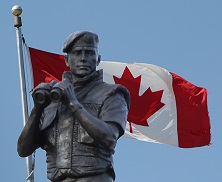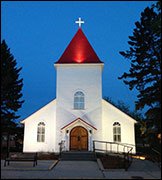True and Fascinating Canadian History
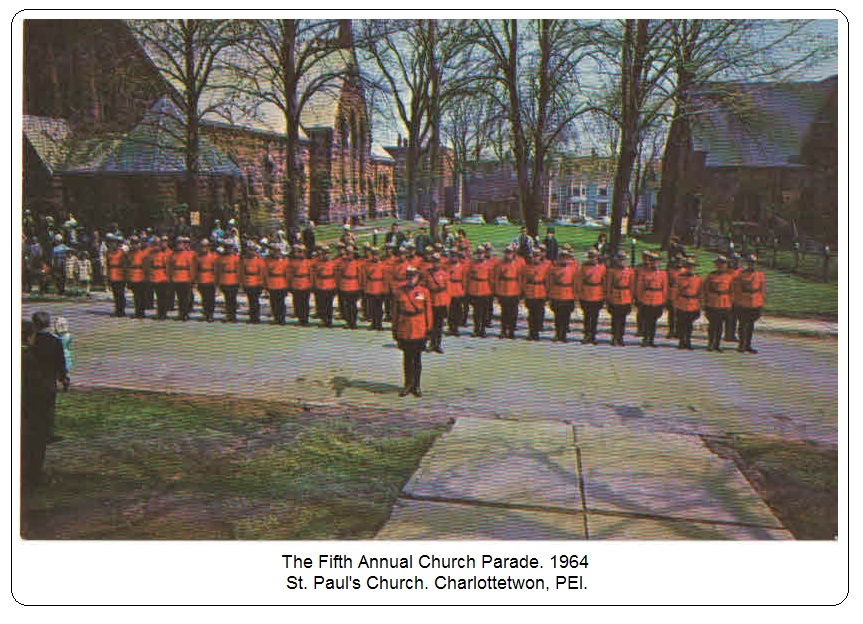
Vet of the Month: December, 2015
O.425, Superintendent A. S. (Alexander Stirling) McNeil
RCMP Vets. Ottawa, ON
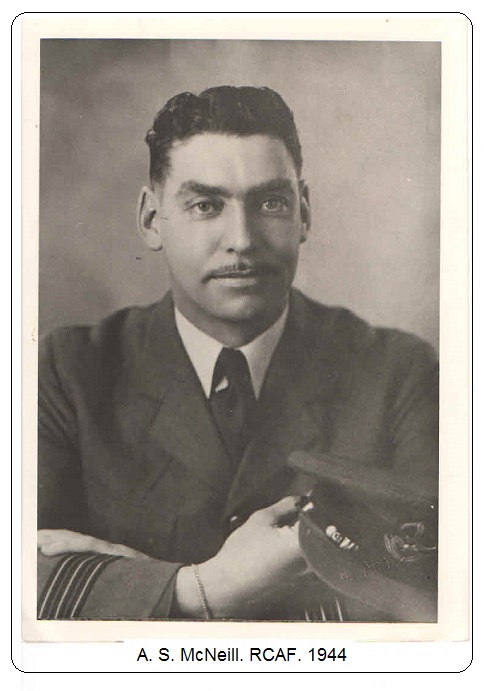
RCMP Officer O.425, Superintendent Alexander Stirling (A. S.) McNeil led an extraordinary life in the RCMP and in the RCAF during WWII. He packed more into his days and years than most of us could ever imagine.
The life and career of A. S. McNeil has recently been laid out in draft form for a proposed book. Mr. Cam McNeil who lives in Ottawa, ON and is the son of A. S. McNeil gave me a copy of the draft in December 2015. Excerpts were taken from the draft text for this Vet of the Month story.
A. S. McNeil was born in Winnipeg, MB in 1908. Stirling's father worked with the Canadian Pacific Railroad and A. S. was the eldest of the four children -- he had a younger brother and two much younger sisters. Stirling chose to leave school early so that he could work and send money home to ensure that his siblings completed their education.
After leaving school, he worked at the Ford Motor Company in Winnipeg but eventually he moved to Lethbridge, AB to work as a truck driver for Imperial Oil. It was 1930 and the Depression was underway.
A. S. McNeil was always a sportsman, and at six foot four he was a brute to be reckoned with on the sports field. He played football for the Winnipeg Maroons, who, after WWII, would become the Winnipeg Blue Bombers. While in Lethbridge, he played baseball for the RCMP. McNeil recalled that the RCMP were usually short a player or two so he got to play nearly every game.

One day, the RCMP Sergeant Major asked McNeil if he was interested in joining the Force. Word had come from Ottawa to take on a few recruits and the SM encouraged McNeill to apply. The very next day after meeting the SM, McNeil reported to the RCMP Detachment for his medical. The police doctor put him on the scales and found he was 176 and a half pounds. The doctor said to McNeil, "I’m afraid I’ll have to reject you because the maximum weight for recruits is 175 pounds – because of the horses, you know."
McNeil had already given up his job so he persuaded the doctor that he could shave a few pounds off over the weekend. The doctor agreed and said that McNeil could report back again in forty eight hours.
McNeil knew he had to think of a quick strategy to loose weight. He barely ate over the weekend. He borrowed a rubber training suit from a former boxer and he ran for miles wearing the rubber suit and sweated more than he ever had before.
On Monday morning, after a laxative the night before, another run in the rubber suit, and no breakfast, McNeil again reported to the doctor. He weighed in at 174 and a half pounds; the doctor passed him. On his way to the Orderly Room to sign on as an RCMP recruit he stopped at the Mess Hall and ate a huge breakfast. It was May 26, 1931 and McNeil's first day in the RCMP.

While at 'Depot' Division, McNeil went to work out with the Saskatchewan Roughriders and he played in the 1931 season, a Grey Cup season. By allowing McNeil to play, the Roughriders had to make some promises to the RCMP. In fact, chuckled his son Cam in Ottawa, the Riders “had to sign a waiver with the Mounted Police – if they broke him, they had to fix him because he was Mounted Police property.” After a bad pass to the other end, Stirling came back to the huddle and said that he was in the clear like a “ruddy lighthouse”. After that, he was Lighthouse McNeil.
The Roughriders were heading off to Montreal to play in the Grey Cup, but McNeil could not join his team. The RCMP would not give him a weekend pass because he had been away almost every previous weekend playing away games, so McNeil missed the resounding defeat the Riders faced at the hands of the Montreal Winged Wheelers. The score was 22-0.
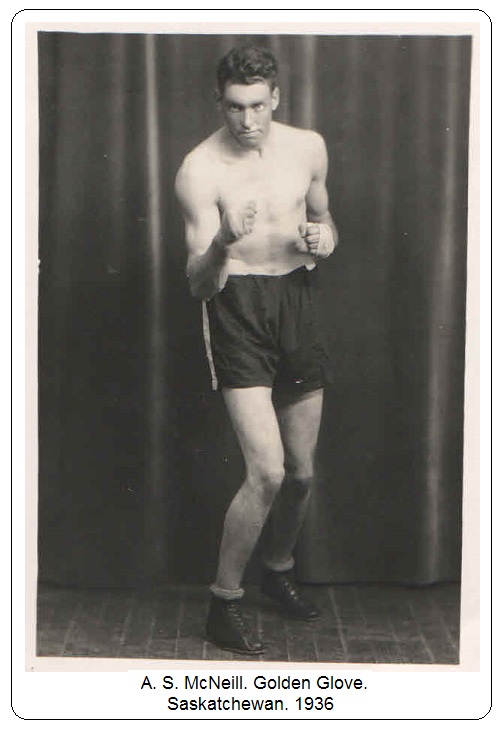
After 'Depot', McNeil was transferred to a one-man detachment in Waskesiu, SK. As an outdoors person, Waskesiu was great for McNeil -- he had a birch bark canoe and he thoroughly enjoyed working in the harsh environment.
One morning McNeil was woken up at about three o’clock. He was told there was a drunken Aboriginal man chasing the camp cook around with a meat cleaver. McNeil got there and he found Grey Owl chasing the camp cook, drunk as a skunk, because the cook wouldn’t make him breakfast. By this time, McNeil was also a northern Saskatchewan Boxing Champ, so he stepped up to Grey Owl and put a police hold on him, took the cleaver, put the cuffs on him, walked him up to the jail, and went back to bed. Grey Owl, in reality was an Englishman named Archie Belaney, who had been a sniper in WWI.
In the 1930's, northern men were valued in the RCMP. If one wanted to be promoted or if you wanted to be known as the elite of the Force, you went north. McNeil was a driven and ambitious man, so he headed north. He arrived in his Red Serge at Fort Simpson on the great banks of the Liard River. (Fort Liard, upstream, was his first command, and a few years later McNeil would name his only son Campbell Stirling Liard McNeil after the same river).
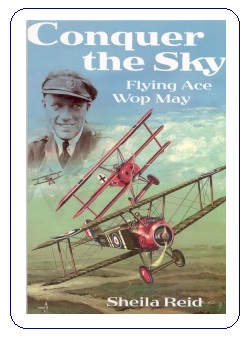
A. S. McNeil had gone north, according to his son Cam, to replace one of the men who was shot by the Mad Trapper. During his time north McNeil flew with Wop May, the famous bush pilot. McNeil served at Fort Providence, Fort Simpson, and Fort Liard. He spent his summers on the Mackenzie River and his winters on dog patrol. He did several seven hundred mile patrols with the dogs. On one such trip, he came across an old trapper who had died in the kneeling position and frozen solid. McNeil and a Special Constable had to make and L-Shaped coffin in order to bury the man.
McNeil used the long winters to advantage by getting his high school diploma by correspondence. He always had a high regard for education. When he returned to Regina from his posting in the North in 1937, he again played for the Saskatchewan Roughriders. He had taken six years off from playing professional football, but he was still valuable to the team; he could still play. He was probably a better football player in 1937 than he was in 1931 recalled Cam.
McNeil had learned how to fly in Moose Jaw and he got his pilot’s license in 1931 along with his friend, Reg.#11839, Al Lilly. McNeil was then transferred to Moncton, NB to be a founding member of the RCMP's 'Air' Division. Al Lilly also applied but was turned down by the Commissioner since the Force had spent time and money making him a Dog Master. Alexander Lilly is now the only RCMP Dog Master in the Canadian Aviation Hall of Fame. He left the Force to become a test pilot with wartime Ferry Command and became the Chief Test Pilot and Vice President of Canadair. Lilly was the first Canadian to go supersonic – one of the true greats of Canadian aviation.
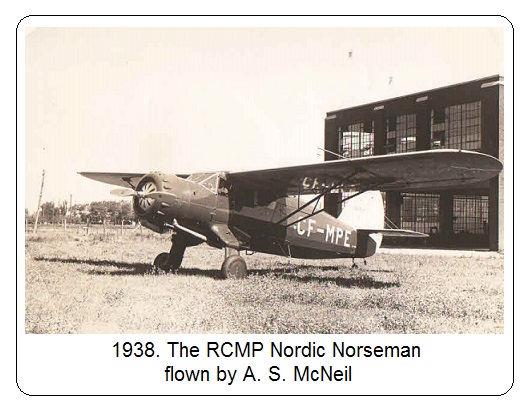
The RCMP had bought four twin-engine Dragonflies, and they were all based in Moncton, NB in order to catch rum-runners during Prohibition. Because of his northern experience, McNeil was transferred from Moncton and posted to the first Mounted Police airplane to fly north. He was first transferred to Montreal to wait for it to be built and while he was waiting he worked out with the Montreal Alouettes. He was really just trying to keep fit, not trying out for the team, but the coach put him on the list and phoned the Mounted Police to say that McNeil was to dress for the first game. He never did play a game for Montreal. Instead, he flew the newly completed Noordyn Norseman CF-MPE to the Arctic Ocean, and then he flew it to its new home base, at Cooking Lake, just outside of Edmonton, AB.
One day while in Edmonton, he walked into the MacDonald Hotel in his uniform and as he was coming in the revolving door, a beautiful woman was going out. McNeil had seen this woman before and she was gorgeous and very popular. He said, “You’re Carry Stauffer.” She smiled, “Yes, how do you know?” He introduced himself and said he had recognized her from Lethbridge. They began to date. Carry Stauffer had received many proposals, but there was one big thing standing in the way of accepting them – her father. Mr. Stauffer had been a member of the North West Mounted Police and he had never liked the men that his daughter had brought home, until McNeil, an RCMP member. They had his blessing to get married.
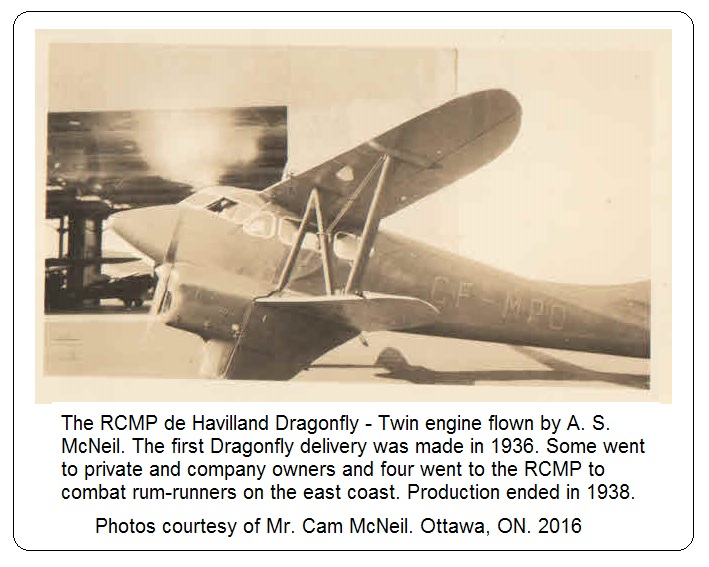
At the time, McNeil was flying out of Yellowknife when WWII was declared. He heard over the radio that the RCMP 'Air' Division was to merge with the Royal Canadian Air Force. Cam said, “He landed in Yellowknife Bay as an RCMP pilot and taxied in as a Probationary Pilot Officer with the Royal Canadian Air Force.
As Class Senior of the first classes of the Commonwealth Air Training Plan, McNeil was pulled out of the pilot class because he was not very strong on instruments, which meant that, “He had trouble flying in the clouds because all of his flying had been visual” explained Cam. The Air Force decided that they had enough pilots and very few policemen, so they assigned McNeil to the Air Force Police. He was made a Flying Officer and Flight Lieutenant, which did not please him as he wanted to be overseas, but his new wife was quite content with him staying in Canada during the war. Some of the men in McNeil’s class went overseas in time to be killed, a fact he never could come to terms with.
In the RCAF, McNeil was Head of the Air Force Police in Calgary. Squadron Leader then Wing Commander, McNeil soon became head of RCAF Security and Intelligence on the Pacific coast. He represented the Air Force at the meeting where it was being decided that the Japanese Canadians would be sent inland and all of their property seized.
McNeil continued with sports in the RCAF, competing as a star of the RCAF Rugby team in the Inter-service Championship against the Navy. After the game, the Air Officer Commander call McNeil over and told him his playing days were over, he did not want his Director of Security and Intelligence flattened by a navy stoker, it was bad for business.
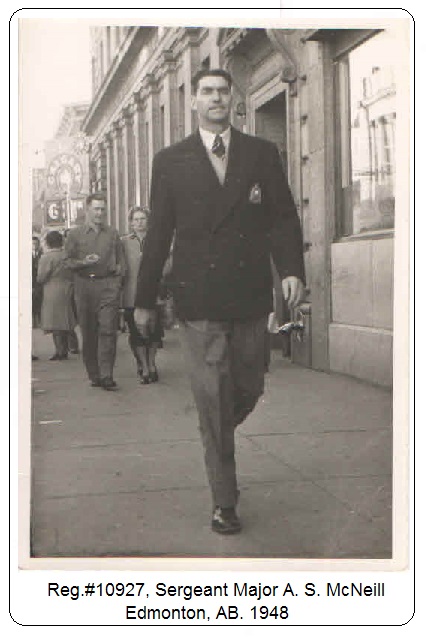
World famous Henry Larson was the Skipper of the famous RCMP St. Roch, the first vessel to go from east to west through the legendary North West Passage. When he arrived in Vancouver, McNeil, as Air Force representative, was on the docks to welcome Larsen. They had known each other in the Arctic, so it was no surprise that later Larson approached McNeil about some artifacts he had found, such as a gun that was left by the Royal Navy in the early 1800's when they were searching for the Franklin expedition. McNeil, through his Air Force contacts, got a plane and had it taken to Regina for the RCMP Museum. Some of McNeil’s arctic gear is also in the Regina Museum. With this new job he had to be all over the Western Air Command, so he had his own airplane, a pilot, a car, and a driver. It was a very demanding job, but he felt he was doing his part to win the war.
After WWII, the Mounted Police took McNeil back and made him a Corporal. He now headed back to Saskatchewan, first to Saskatoon, then, in 1946, to Young. His wife, Carry became the second man in a one-man Detachment. They had no radios in the RCMP cars at that time, so when McNeil went on patrol there was no way to contact him. McNeil was soon made a Sergeant and transferred to Biggar, SK where he was in charge of a three man Detachment. He helped the town build the first swimming pool by having everyone with time on their hands (including those in the beer parlours) come and help dig.
McNeil was then made Sergeant Major and transferred to Edmonton. While in Edmonton, he was on the Board of Directors of the Edmonton Eskimos. Lt. Colonel Nicholson was then made Commissioner of the RCMP and the first person he Commissioned was A. S. McNeil. He was Commissioned as a Sub-Inspector and moved again to Regina, SK.
One such person he met at 'Depot' is now retired Commissioner R. H. Simmonds. The first day Commissioner Simmonds joined the Force he drove to Regina and parked in front of A Block on the Square. Leaving the car running in the cold prairie winter, Simmonds ran in to see where he was to go. Simmonds came back out and found that the car had been shut off and the keys were missing. He went back in and the man at reception had a big grin on his face, “the Adjutant wants to see you.” McNeil then gave Simmonds a blast about leaving his keys in the car and the car running. Simmonds swears that from that day to this he have never left his keys in the car.
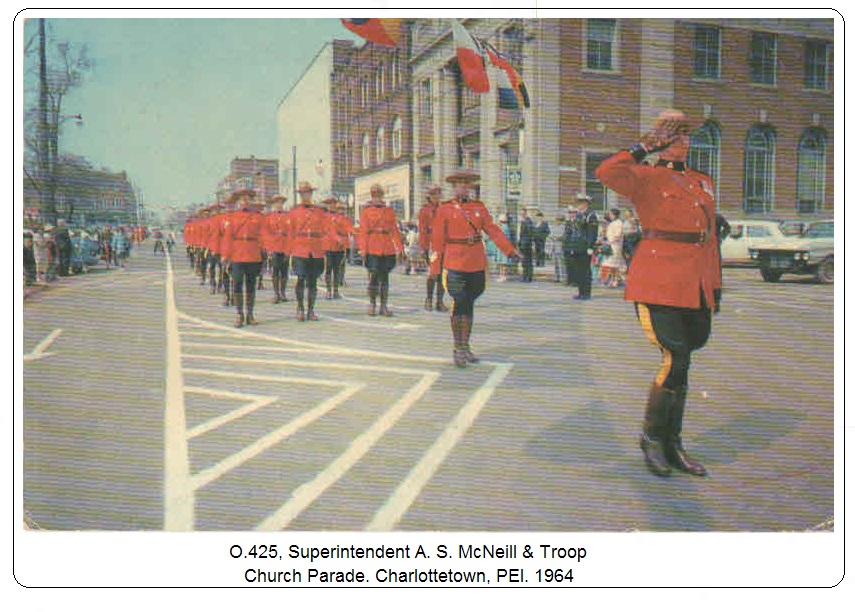
In Regina, McNeil was made Training Officer. This job was very special to him as he felt it was, more than any other, the job that influences the future of the Force, the recruits. McNeil controlled the curriculum and the syllabus for the new recruits and he was instrumental in a lot of the changes to the training process. He trained future Assistant Commissioners, Deputy Commissioners, and in the case of Simmonds, the future Commissioner of the RCMP.
Cam swears his Dad was always a policeman’s policeman. He was a hard guy, but his Dad tried to be scrupulously fair and he always backed his people unless they gave him a very good reason not to. There were people that got transferred to very undesirable places because "...they had a chance, and then another chance, and then boom . . .”
The McNeil’s lived in a house in the Barracks directly opposite the Parade Square. Behind the flag pole, there were three houses which were known as Brass Row. The Officer Commanding “F” Division, the Officer Commanding “Depot” Division, and a senior Officer would live in those three residences. Then there was the Officer’s Mess on the north side of the square and there used to be five houses known as Poverty Row and that was where the Junior Officers lived. McNeil and his family were very happy in Regina. In fact, recalled Cam, “of all their homes that was the most special and that is why they are both buried in the cemetery there.”
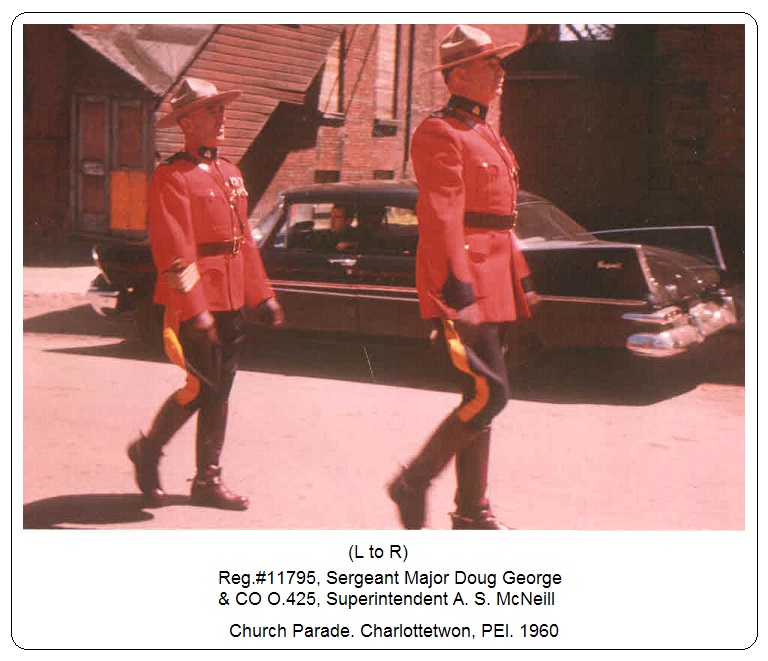
McNeil was seconded twice while in Regina. He was made Officer Commanding of the world famous RCMP Musical Ride, the second of the modern era and the first to tour extensively in the USA. They toured by rail, Ottawa, the CNE and later the Royal Winter Fair in Toronto, New York, Los Angeles, San Francisco, and Portland. In Hollywood they were celebrities. They met many of the stars. McNeil and Charlton Heston exchanged Christmas cards for years.
The second secondment was as Canadian Representative to the US Navy Task Force building the Distant Early Warning Line of radar stations in the eastern Arctic. The US Navy asked for a Canadian Rear Admiral. Canada replied that all its Admirals were busy but a RCMP Officer could be made available. They replied, ‘Great, have him bring his red suit.’
McNeil had returned to the Arctic and had a wonderful adventure. He was also ordered to be ready to command an RCMP force for peace keeping duties in Cyprus, which would have been a first for the RCMP. This plan was cancelled and the Canadian Army was sent instead as the shooting escalated. The McNeil’s had to move again, this time to Peace River, AB with McNeil as the Officer Commanding Peace River Sub-Division.
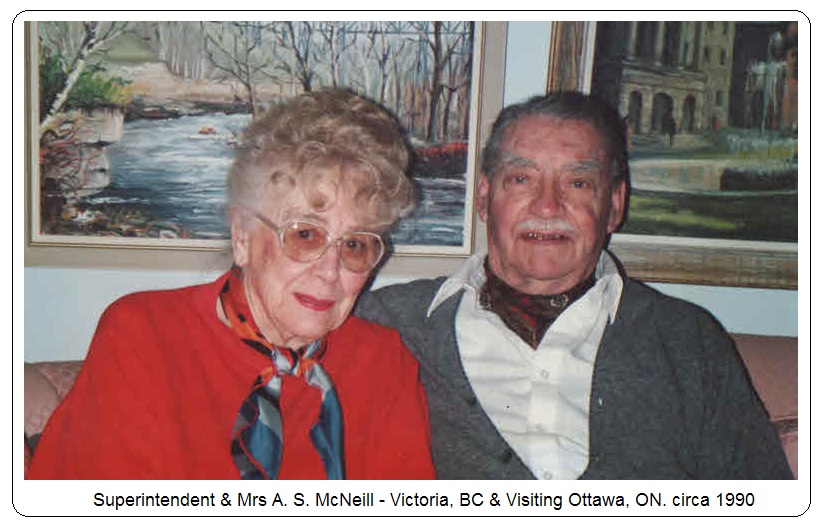
Lastly, McNeil was transferred to Charlottetown, PEI as Commanding Officer of the Island. There were a high number of automobile-related deaths in the province. As the CO, McNeil was entitled to a car and driver, but he said, “I don’t want the car! I’ll use my own car. He said, that driver and car are, effective now, on Highway Patrol.” He blanketed PEI with patrols and the next year automobile-related deaths were brought down to zero. Due to his success, McNeil was nominated for Islander of the Year. McNeil, with his trademark modesty, said “It’s awfully good of you, but I’ve just come to the island, you should give this honour to somebody from the Island,” which they did.
One of the highlights of the McNeil’s life was the visit to Charlottetown of Her Majesty the Queen. McNeil was in charge of her security as well as being an Aide de Camp to the Lt. Governor. Carolyn was asked to escort Mrs. Pearson, wife of the Prime Minister and Madame Vanier, wife of the Governor General. Carolyn and Stirling spent several minutes talking to the Queen and Prince Philip at the royal diner. They were shown through the Royal Yacht, HMY Britannia, by the Skipper, the only Royal Navy Admiral commanding only one ship!
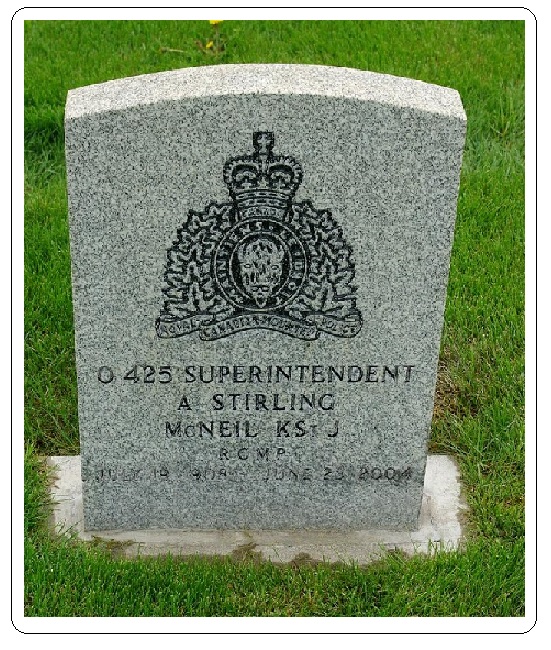
After retiring from Charlottetown, McNeil and Carolyn moved to Brentwood Bay in BC where they lived for thirty-two years. Throughout his career, the family had moved thirty times and now it was time for the McNeil's to take it easy. Even after a heart attack and a quadruple bypass, he would not slow down.
He was the President of the RCMP Veterans Association, President of the Air Force Officers Association, and President of the Royal Vancouver Island United Services Institute. He had also been Chairman of the Board of the Corps of Commissionaires, a Member of the Hospital Board, and very active with St. John’s Ambulance. When he was eighty years old he was Knighted, sanctioned by Queen Elizabeth II.
At the 2004 Annual General Meeting in Victoria, BC one of the RCMP Veterans who had recently visited with McNeil told the six hundred people that McNeil was not looking very well. McNeil had lost both his legs, but not his sense of humour because he told this gentleman, “I’m glad I joined the Mounted Police in 1931 because now I am too short.”
In Langley, on June 23, 2004, Stirling McNeil passed away at the age of ninety-five. The funeral was held at the RCMP Cemetery where his wife of sixty-three years, Carolyn, who died in 2002, was also buried.
Thus came to a close, this remarkable career of RCMP Superintendent A. S. McNeil. He began his career with a life long commitment -- a commitment to Canada, the RCAF and the RCMP. He left a legacy of fond memories and wonderful contributions to so many worthwhile causes. There can be no doubt that Superintendent A. S. McNeil was one of a kind. It was a pleasure for me to have met him years ago on one of his visits to Ottawa.
This very special Vet of the Month story was written with the help of Mr. Cam McNeil of Ottawa, ON.Cam McNeil kindly authorized me to use excerpts of the draft text of a book which has been proposed about the life and career of A. S. McNeill. Thank you.
I also wish to thank Mr. Cam McNeil for the photos which were used in this piece.
Reporting from Fort healy,
J. J. Healy
December 23, 2015
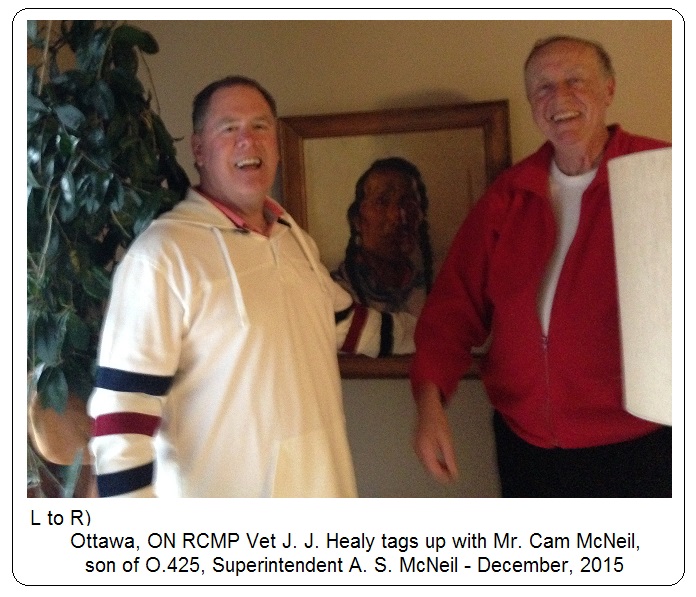
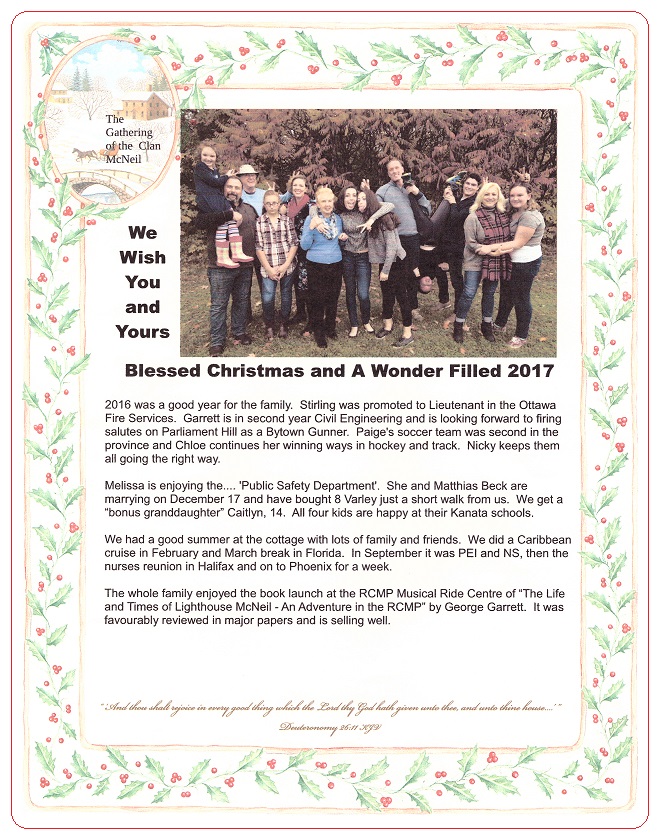
From the Ottawa McNeil's to the Ottawa Healy's

